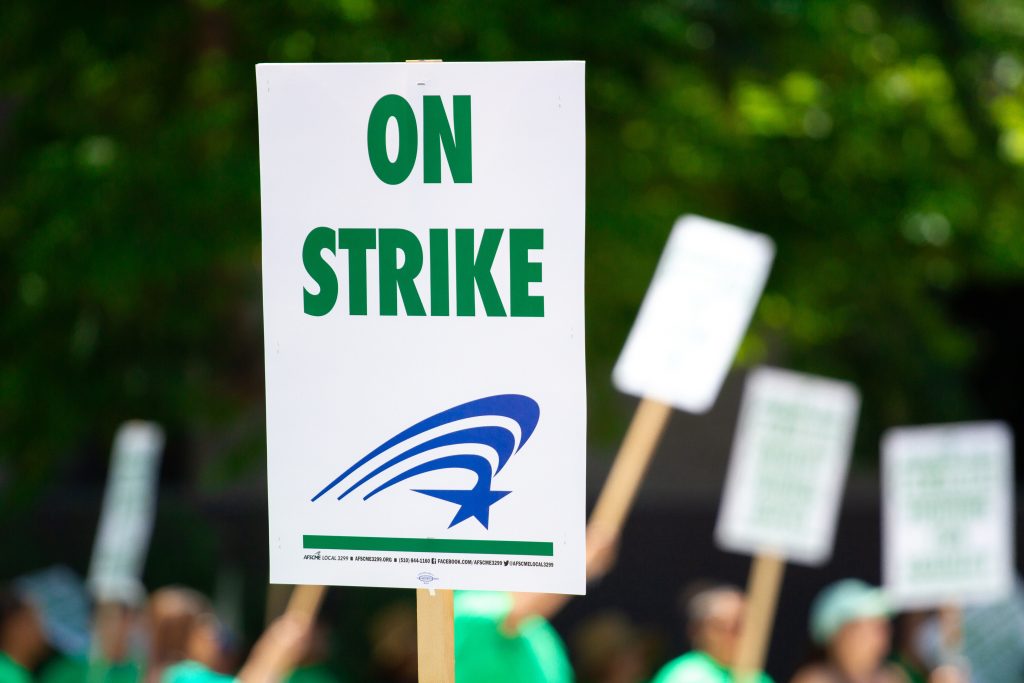Unlike with regular strikes, Brits who skip work to attend climate change protests may be putting their jobs on the line.
Friday 20th September has been designated by environmental campaigners as a day for an international climate strike. Schoolkids have been taking part in similar ‘school strikes’ for a while now, but this time employed adults are being encouraged to join them by refusing to show up to work that day. The aim is to get governments around the world to commit to more serious action on climate change.
But why strike, rather than hold a protest on a weekend when many more people would be free to attend? While the Global Climate Strikes website doesn't specifically mention their thought protest, it seems plausible that mass disruption to a workday was chosen because it is more attention-grabbing, or possibly because a day of no work can have a big ripple effect on the economy. Bank holidays, for example, have often been linked to a slowdown in economic growth.
This matters, because almost all politicians see less economic growth as a bad thing that they generally want to avoid. (Not everyone agrees with this assessment, see here for more info.) So if traditional workplace strikes are about pushing an employer to improve things because having no workers hurts their business, the Climate Strike can be seen as pushing governments to improve things because having no workers hurts their economy.
However, the Climate Strike isn’t a strike in the legal sense. (Legal strikes have to be organised by trade unions and voted for by a majority of union members). That's important, because UK law stops employers from taking retaliatory action - like dismissal - against legitimate strikers. In this case, anyone who bunks off work for a Climate Strike without their employer's permission risks being fired.
Some might choose to risk it. But the potential job-loss, or even just loss of a day's wages, is likely to be prohibitive for many, especially those who are less wealthy or have families and other big financial commitments. And while some companies will agree to let their staff go to the protest for the day, the financial hit of an entire lost workday means many won’t (and those that do are probably particularly environmentally-conscious organisations). All this means the Climate Strike may not be the most inclusive or representative way of demonstrating a public demand for action on climate change.
Read our explainer on: strikes and unions.

